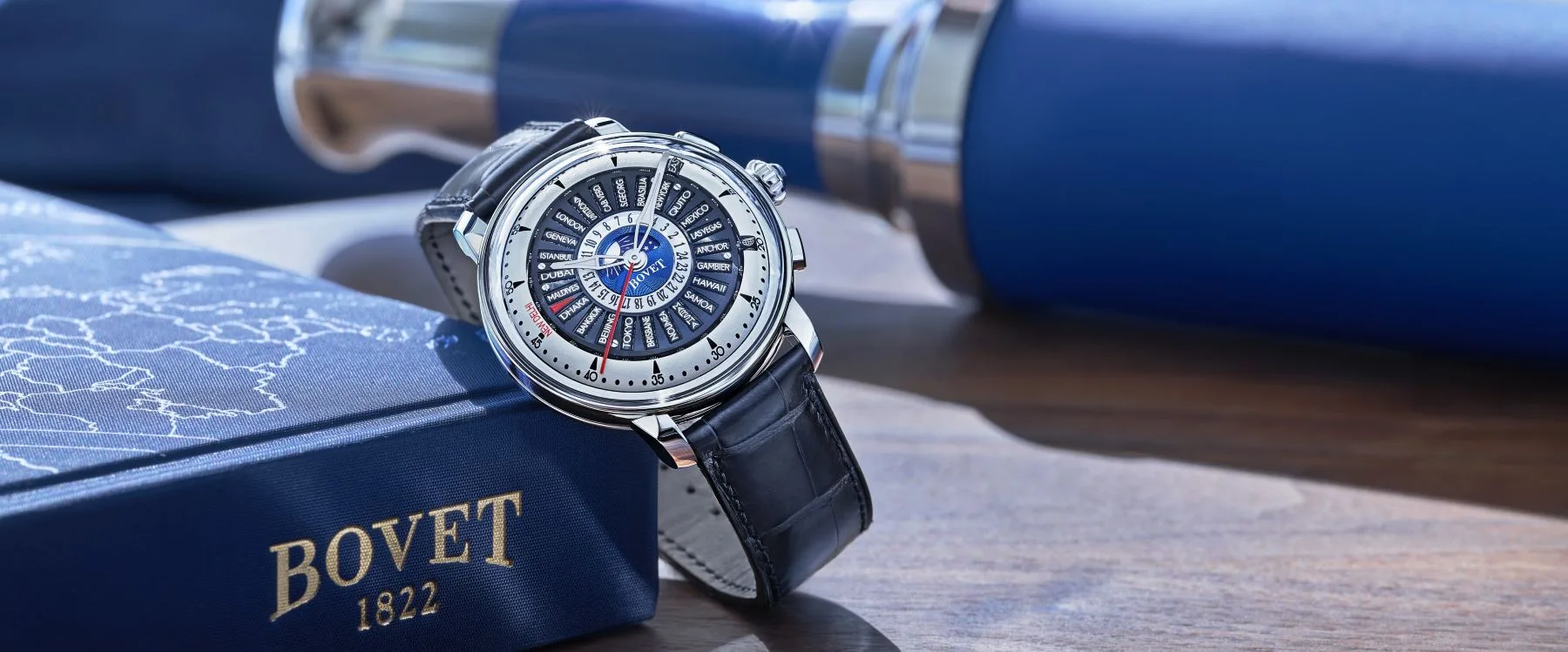As the crisp autumn air sets in, it’s not just our wardrobe that needs a change; our skin and hair also require extra care and nourishment. As a nutritionist, I’ve witnessed the profound impact that diet can have on our outward appearance. In this article, I’ll explore how to support your hair and skin during autumn, offering valuable insights and practical tips.
Understanding the Seasonal Shift
Autumn brings cooler temperatures and lower humidity, which can lead to dry, dehydrated skin and hair. This season’s challenges can be exacerbated by indoor heating systems and potentially imbalanced diets, making it essential to adapt our nutrition and skincare routines accordingly. Diet plays a crucial role in maintaining healthy hair and skin throughout the year, and autumn is no exception. Here are some key nutrients to prioritize:
Foods rich on Omega-3 Fatty Acids such as salmon help regulate the skin’s oil production, improve balanced hydration and even reduce breakouts.

Omega-3 Fatty Acids: Omega-3s, found in fatty fish (like salmon and mackerel), flaxseeds, and walnuts, help maintain skin moisture and flexibility. They also support hair health, keeping it shiny and strong.
Antioxidants: Foods rich in antioxidants, such as fruits and vegetables, combat free radicals that can damage skin cells. Berries, spinach, and kale are excellent choices.
Vitamin C: This vitamin supports collagen production, which keeps your skin firm and youthful. Citrus fruits, strawberries, and bell peppers are high in vitamin C.
Vitamin E: Vitamin E protects the skin from oxidative damage and helps maintain its moisture. Find it in nuts, seeds, and spinach.
Biotin: Biotin is crucial for hair health. You can get it from eggs, nuts, and whole grains.
Zinc: Zinc helps repair skin damage and supports hair growth. It’s found in nuts, whole grains, and lean meats.
Collagen: Collagen is a protein that keeps skin and hair strong and elastic. Bone broth and collagen supplements are good sources.

Our diet should include a wide variety of plant foods all year round.
Additional Autumn Nutrition Tips
Hydrate: Cooler weather can lead to reduced water intake. Remember to drink plenty of water to keep your skin and hair hydrated from the inside.
Warm tea: Swap your iced beverages for warm herbal teas. They provide extra hydration and antioxidants.
Seasonal fruits and vegetables: Take advantage of autumn’s bounty. Apples, pumpkins, and sweet potatoes are not only delicious but also packed with skin-friendly nutrients.
Healthy fats: Incorporate healthy fats like avocados, nuts, and olive oil into your diet to support skin and hair moisture.
Protein: Hair and skin are made of protein. Ensure you get enough from sources like lean meats, beans, and dairy.
Limit sugar: Excessive sugar consumption can damage collagen and lead to skin aging. Reduce your intake of sugary snacks and processed foods.
Herbal teas are rich one polyphenols, compounds packed with antioxidants, which can help fight free-radicals, radicals and prevent skin damage.

Autumn Skincare Routine
In addition to a nutritious diet, your skincare routine should also adapt to autumn’s demands. Here are some tips:
Moisturize: Use a heavier moisturizer to combat dry skin. Consider a hydrating serum to lock in moisture.
Sunscreen: UV rays can harm your skin year-round. Apply a broad-spectrum sunscreen daily, even when it’s not sunny.
Exfoliation: Exfoliating can remove dead skin cells and allow moisturizers to penetrate more effectively.
Humidifier: Indoor heating systems can dry the air, affecting your skin. A humidifier can help maintain the right level of moisture.
Dermatologist Consultation: If you have specific skin concerns, consult a dermatologist for tailored advice and treatments.
Dietary Supplements: If your hair and skin need extra care, consider supplements like biotin or collagen, see below. Always consult a healthcare professional before starting any new supplements.
Apply moisturiser to your face using your fingertips and following a circular motion until it’s all absorbed. Don’t forget your neck and cleavage.

Autumn Superfoods for Healthy Hair and Skin
Certain foods are particularly beneficial for your skin and hair during autumn:
Pumpkins: Packed with vitamin A, pumpkins help maintain skin’s moisture and radiance.
Sweet Potatoes: Rich in beta-carotene, sweet potatoes promote a healthy complexion and strong hair.
Apples: Apples contain antioxidants that protect your skin from damage.
Cranberries: These berries are high in vitamin C and antioxidants, excellent for skin health.
Nuts: Nuts provide essential fatty acids that keep your skin and hair looking great.
Seasonal autumn foods such as pumpkins, apples and nuts are particularly beneficial for your skin and hair.

Supplements for Healthy Hair and Skin
Taking supplements can be a helpful addition to your autumn skincare and haircare routine, but remember that that they should complement a balanced diet, not replace it. Eating a variety of nutrient-rich foods is still the best way to nourish your skin and hair from within. Here are some key supplements for healthy hair and skin in the autumn:
Biotin: Biotin (B7) is essential for healthy hair and nails. It can help prevent breakage and promote growth. Typically, a daily dose of 30 mcg is recommended.
Omega-3 Fatty Acids: Whether from fish or plant origin, they can help maintain skin moisture and reduce inflammation. These can be particularly beneficial if your diet lacks fatty fish like salmon or walnuts. A combined daily dose of 1000-2000 mg of EPA and DHA is the common recommendation.
Collagen: Collagen supplements are known for promoting skin elasticity and reducing the appearance of wrinkles. Available as powders, tablets, capsules and liquids, the dose typicall ranges between 2.5 and 5 grams.
Vitamin C: Vital for collagen production, which supports skin elasticity and firmness. The standard dose for women is 75-90 mg but you can safely take higher doses.
Vitamin E: Vitamin E is an antioxidant that helps protect skin from damage. A daily dose of 15 mg is usually sufficient for most adults.
Zinc: A mineral crucial for skin health and to help with wound healing. The recommended dietary allowance (RDA) is around 8 mg for women.
Probiotics: They help support a healthy gut, which is linked to skin health. A typical daily dose of 1-10 billion colony-forming units (CFUs) is advised.
Iron: Iron is essential for maintaining healthy hair and its deficiency can lead to hair loss. The RDA for iron varies based on age and sex, so please consult a healthcare provider between taking iron.
Before starting any new supplements, it’s crucial to consult with a healthcare professional, such as a registered nutritionist, to ensure they are appropriate for your specific needs and health status. They can also help you determine the correct dosage based on your individual requirements.

Autumn is a wonderful season but it can bring some challenges to the health of your skin and hair.
By adopting a balanced diet rich in essential nutrients, following a proper skincare routine, and taking supplements, you can ensure your skin and hair remain healthy, vibrant, and resilient throughout this season and beyond. Nourishing your body from the inside out is the key to maintaining your natural beauty, even as the leaves fall and the air turns cooler.
Words: Chiara Saccardo
About the Author: Chiara Saccardo is a registered Nutritionist and DNA Life Practitioner, specializing in the rebalancing of hormones in women in their 40s and 50s. She holds a qualification in Nutrition from the renowned College of Naturopathic Medicine and deeply understands the importance of hormonal balance and genetics in the healing process. Chiara is a registered member of the British Association for Applied Nutrition (BANT) and Nutritional Therapy, as well as the Complementary and Natural Healthcare Council (CNHC).
www.chiaranutrition.co.uk
Opening image by Marfa Bogdanovskaya. @UniqueMarfa

















Show Comments +